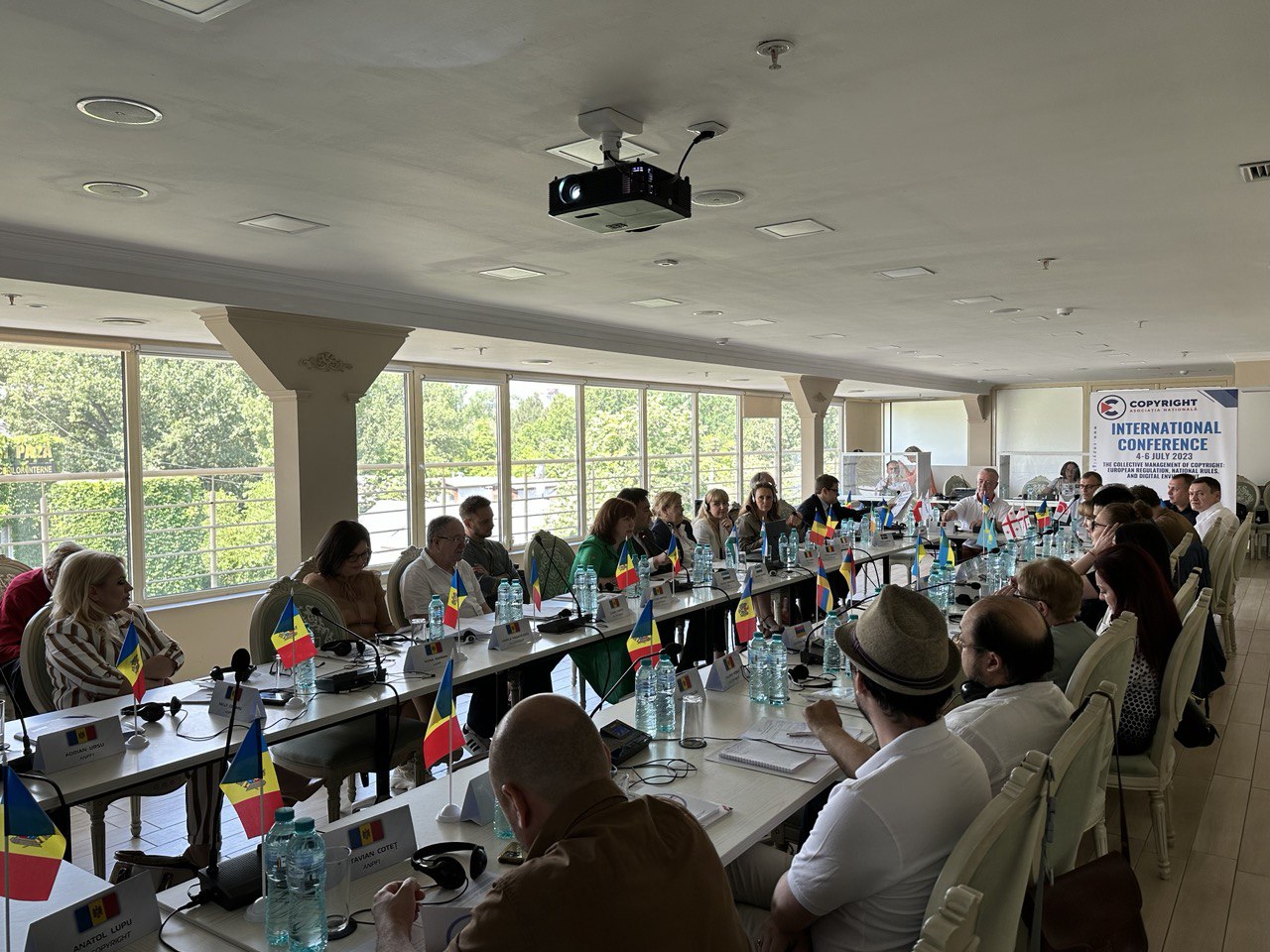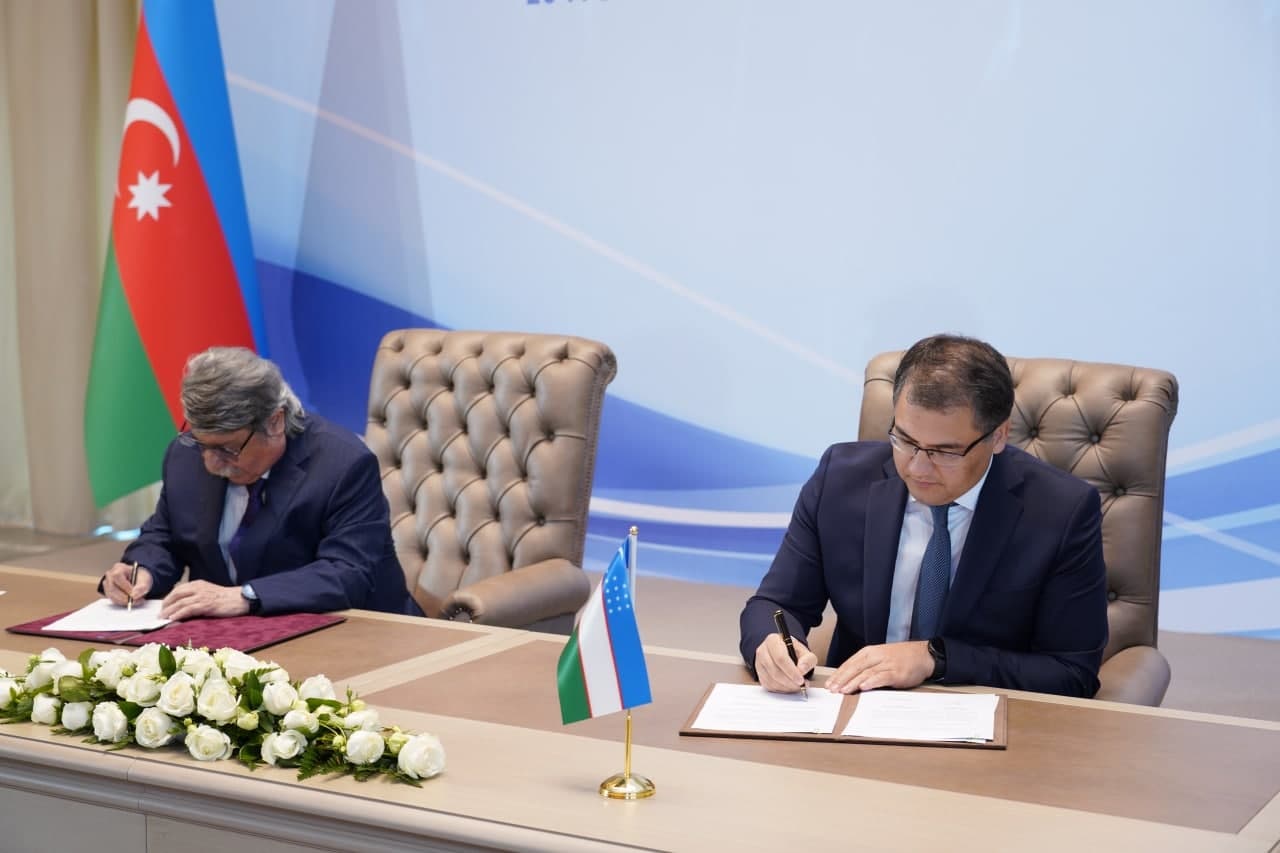The international conference was held in Chisinau
(Moldova) on Collective management of copyright: European regulation, national
legislation, and the digital environment on July 4-7, 2023. The core goal of the
conference was the exchange of experience and the identification of priority
areas in the field of copyright and related rights.
In the conference, representatives of CISAC, WIPO, АN
“COPYRIGHT” (Moldova), ANFPI (Moldova), SCOC AB (Sweden), UACRR (Ukraine), GCA
(Georgia), ARMAUTHOR (Armenia), KAZAK (Kazakhstan), ZAIKS (Poland), Heaven 11
(Ireland), OAZA + OOA-S (Czech Republic), UCMR-ADA (Romania) and SIIP
(Uzbekistan) took participation.
Participants discussed a range of questions, such as
the issues of harmonization and unification of the system of copyright
protection, software solutions to support accurate collection and distribution
of royalties, IT solutions in the digital age, the importance of monitoring
programs, the development of general actions to implement the CISAC resolution
on providing successful protection to prevent from undermining sovereignty and
legitimacy of CISAC members.
Within the framework of the conference, the
participants have identified the core issues in the field of copyright
protection and related rights. The participants emphasized some CIS countries
actively used illegal content on television and radio. Despite the existing
legislation, representatives of the media sphere have a lack of interest to
enter in licensing agreements with organizations for the collective management
of authors rights (CMOs) and authors, and they try to circumvent the law On Copyright
and Related Rights in any possible way. They use content without the permission
of the authors, which causes moral and economic injury not only to the authors
but also to the country and its reputation on the international stage. Also,
both, users such as TV, radio, cafes, restaurants, shops, and specialists in
the field (lawyers, judges, etc.) have a lack of understanding of issues
related to copyright. In addition, participants highlighted the need to revise
the legislation in the field of copyright protection and modernize it with the
involvement of foreign specialists and practitioners.



